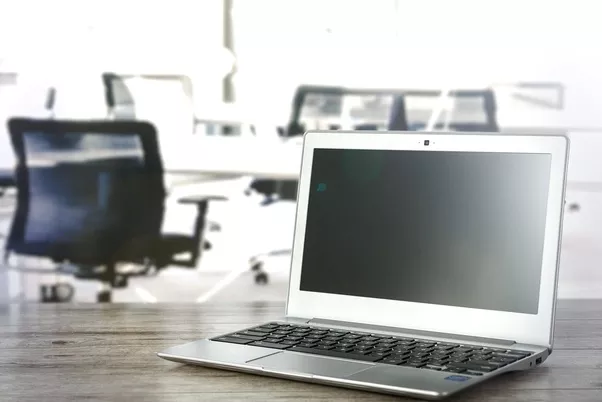Before buying a laptop, there are several factors to consider to ensure that you get the best value for your money. In this article, we will explore the key considerations that you should keep in mind when purchasing a laptop.
1. Purpose:
Before you start shopping for a laptop, you need to determine the purpose of the laptop. Are you buying a laptop for gaming, work, or just casual use? Knowing the purpose of the laptop will help you narrow down the list of options available in the market.
2. Processor:
The processor is the most important component of a laptop. It determines how fast the laptop can perform tasks. Intel and AMD are the two most popular brands of processors. Intel processors are generally more powerful, while AMD processors are more affordable.
3. RAM:
Random Access Memory (RAM) is the temporary memory that a computer uses to store data that it is currently working on. The more RAM a laptop has, the more programs it can run at the same time. A minimum of 8GB of RAM is recommended for most laptops.
4. Storage:
There are two types of storage available in laptops: Solid State Drives (SSDs) and Hard Disk Drives (HDDs). SSDs are faster and more reliable than HDDs, but they are also more expensive. If you need a lot of storage, an HDD might be a better choice.
5. Display:
The display is an important factor to consider when purchasing a laptop. Screen size, resolution, and color accuracy are all important factors to consider. If you plan on using the laptop for graphic design or gaming, a laptop with a high-resolution display and a high refresh rate is recommended.
6. Battery Life:
Battery life is also an important factor to consider when buying a laptop. If you plan on using the laptop on the go, a laptop with a longer battery life is recommended.
7. Weight:
If you plan on carrying your laptop around with you, the weight of the laptop is an important consideration. A lightweight laptop is easier to carry around, but it may not be as powerful as a heavier laptop.
8. Connectivity:
The ports and connectivity options available on a laptop are important considerations. Make sure the laptop has enough USB ports, HDMI ports, and other connectivity options that you may need.
9. Brand and Support:
The brand of the laptop and the support available are also important factors to consider. Choose a reputable brand that has a good track record of producing quality laptops. Also, make sure that the laptop comes with a warranty and that the company provides good customer support.
10. Price:
The price of the laptop is also an important consideration. Determine your budget and look for laptops that fit within that budget. Keep in mind that the more powerful and feature-packed a laptop is, the more expensive it will be.
In conclusion, buying a laptop can be a daunting task, but by considering the factors discussed above, you can ensure that you get a laptop that meets your needs and is worth your money.




